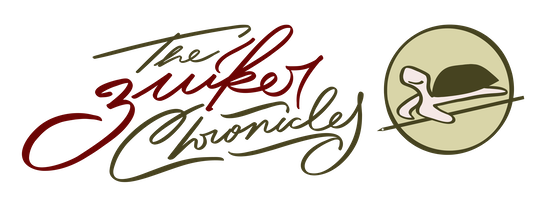Curiosity as cure
by Anton Zuiker on March 4, 2019
This weekend, Anna accompanied me on a short drive to the hardware store to buy a shovel, an axe, a sledgehammer, and a San Angelo digging bar. Along the way, we talked more about her university options and about what kind of roommate she prefers. I reminded her that, when she meets her fellow college students, she should strive to be interested in them and to be curious about them.
“That’s how people will find you interesting and want to know about you, and that’s how they’ll want to be your friend.”
It also leads to other connections.
A colleague at Duke recommended I meet with Neil Prose, a pediatric dermatologist who teaches medical students about patient communication, humility, and empathy. He spoke about that at TEDxDuke last year. I met Dr. Prose today, and we talked about Voices of Duke Health and his Keepers of the House poject. He suggested I read this essay on curiosity by Faith Fitzgerald.
“I believe that it is curiosity that converts strangers…into people we can empathize with,” she writes. That’s why nearly every day at work, I ask visitors if I can help them find their way through the hospital. As I walk them to a clinic or the elevators or toward the food court, I ask where they’re from, about their work, and how their family members are doing. I try to be curious, and I listen.
Dr. Fitzgerald finishes her essay with a delightful anecdote about a seemingly boring elderly patient who reveals a remarkable connection to an historic event. It’s worth reading for just those 25 lines.
Another worthy read is today’s blog post from Josh Bernoff, In praise of ignorance and being wrong. He argues that you need to embrace the discomfort of feeling stupid if you want to learn anything new.
“There is no shame in ignorance, only in failing to act to cure it,” Bernoff writes.
Next post: What distance allows
Previous post: Bob GadboisGo to HOME

